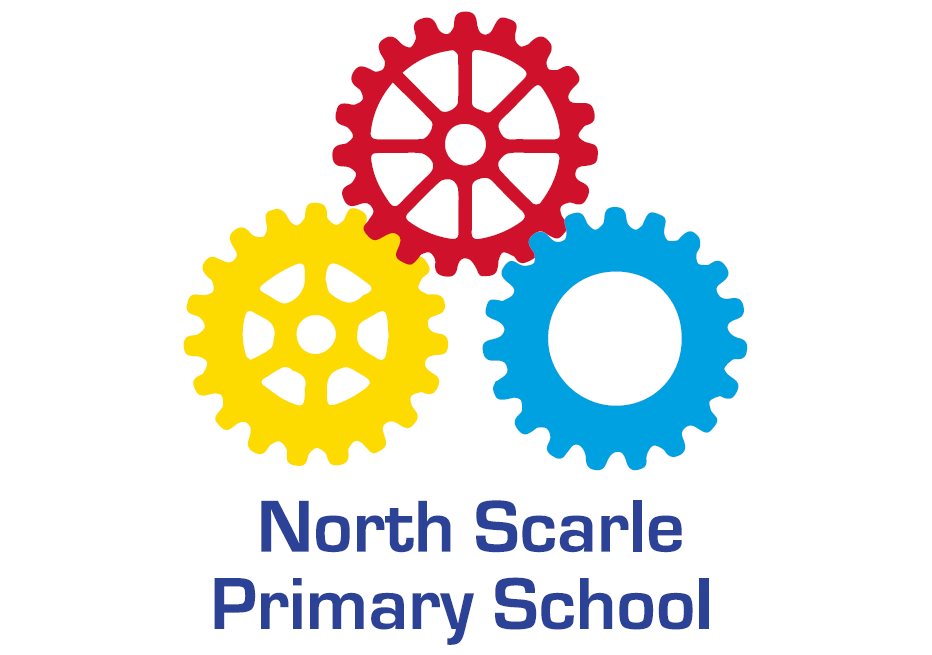School Uniform
North Scarle Primary School is very proud of their school uniform. The pupils wear it with great pride as it shows their enthusiasm and eagerness to learn. The school uniform contributes to the ethos of the school and defines the tone.
Many items of school uniform can be purchased online through Uniform Direct
However, there is no requirement to buy uniform with the school logo.
Expectations for School Uniform
Pupils are required to wear the following uniform:
- Royal blue sweatshirt or cardigan
- Charcoal grey/Black trousers, shorts or skirt
- Royal blue, pale blue or white polo shirt
- Blue baseball cap (for Summer)
- Blue fleece with logo (Optional)
- Blue waterproof jacket with logo (Optional)
- Blue book bag (Optional)
- During the summer months, children may wear blue and white gingham dresses or charcoal grey/black shorts as an alternative.
- White, grey or black socks
- Grey or black tights
- Black, low-heeled shoes (not trainers).
P.E. & Games
ALL pupils should bring their PE kit on days when they have PE as detailed on the Class Timetable or on the current term class newsletter. They can leave their kit in school until the end of term or until it needs washing if they prefer.
- Black or navy shorts (ideally not cycling shorts)
- White T-shirt
- Black or navy jogging bottoms/leggings (for outdoor PE)
- Children need plimsolls for indoor PE and trainers for outside games.
(A school hoody with logo is now available to be worn on PE days. These can be purchased from Uniform Direct. However, as an alternative, children will be allowed to wear their school sweatshirts/cardigans.)
Long hair must be tied back in order to prevent entanglement in apparatus and to prevent it obscuring vision. This is applicable to both girls and boys for indoor and outdoor PE.
Jewellery, Hair Accessories, Make Up and Nail Varnish
- For many reasons, including safety, we do not allow children to wear jewellery at school. The exception to this rule is a single stud in each ear. Children are required to remove these during PE lessons to prevent them from causing injury. Teachers are not permitted to remove earrings.
- Hair bands, ribbons, bows and scrunchies should be plain and preferably blue to match our uniform. Hair bands should not have large flowers or other decorations attached.
- Make up and nail varnish should not be worn in school.
- Extreme haircuts are not appropriate for school. The use of styling products should be kept to a minimum and children should not have their hair dyed an unnatural colour.
Limiting the cost of school uniform
Our school has a duty to make sure that the uniform we require is affordable, in line with statutory guidance from the Department for Education on the cost of school uniform.
We understand that items with distinctive characteristics (such as branded items, or items that have to have a school logo or a unique fabric/colour/design) cannot be purchased from a wide range of retailers and that requiring many such items limits parents’ ability to ‘shop around’ for a low price.
We will make sure our uniform:
- Is available at a reasonable cost
- Provides the best value for money for parents/carers
We will do this by:
- Carefully considering whether any items with distinctive characteristics are necessary
- Limiting any items with distinctive characteristics
- Considering cheaper alternatives to school-branded items, such as logos that can be ironed on, as long as this doesn’t compromise quality and durability
- Avoiding specific requirements for items pupils could wear on non-school days, such as coats, bags and shoes
- Keeping the number of optional branded items to a minimum, so that the school’s uniform can act as a social leveller
- Avoiding different uniform requirements for different years/classes
- Avoiding different uniform requirements for extra-curricular activities
- Making sure that arrangements are in place for parents to acquire second-hand uniform items
- Avoiding frequent changes to uniform specifications and minimising the financial impact on parents of any changes
- Consulting with parents and pupils on any proposed significant changes to the uniform policy and carefully considering any complaints about the policy
We are here to help!
We know times are hard for many families at the moment.
We can put together uniform parcels at no cost for families struggling financially.
Please contact the school team who will be happy to help.
Please also see our Uniform Policy


